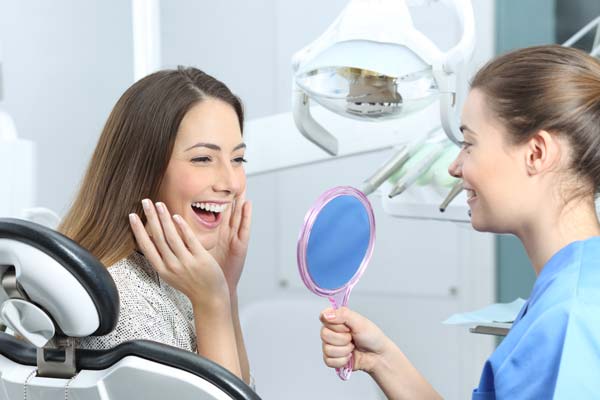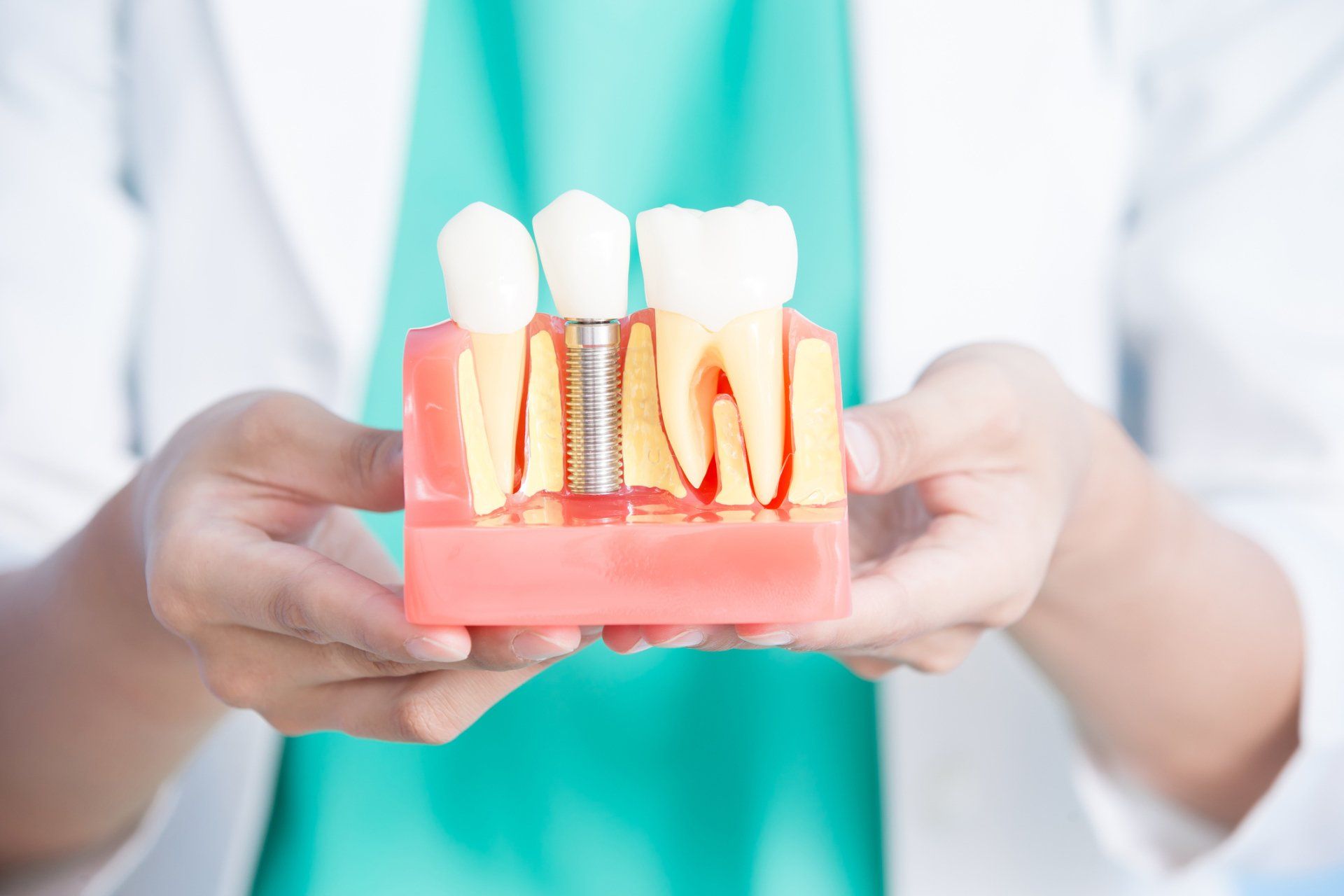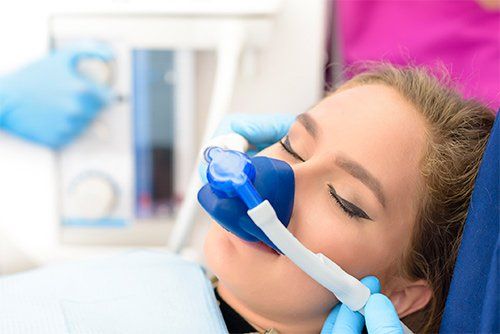3 Mistakes You Might Be Making With Your Dentures
- By Admin
- •
- 11 Jun, 2018
- •

Everyone makes mistakes, but sometimes those simple errors in judgment can leave you with a frown on your face-literally. When it comes to denture care, knowing how to keep your prosthesis in excellent condition is crucial to protect your investment. Here are three mistakes you might be making with your dentures and how to change your ways.
Brushing Too Aggressively
During the day, your dentures can accumulate plaque, just like your natural teeth. To eliminate this buildup, dentists recommend rinsing dentures after each meal and brushing dentures in the evening before bed. Unfortunately, since dentures are false teeth, many people assume they can skip the extra soft toothbrushes and the mild toothpastes, and use abrasive products.
Over time, aggressive brushing and toothpastes with abrasives can etch the surfaces of the dentures, allowing more bacteria to gather in the surface of the prosthesis. When this happens, the dentures can actually become more difficult to clean, prompting wearers to continue their rigorous cleaning schedule, perpetuating the problem.
However, dentures need to be treated with care. You should never brush your dentures harder than you should brush your natural teeth, and you should always avoid abrasive toothpastes. If you are a smoker or your dentures have started to yellow, talk with your dentist about toothpaste formulas that are appropriate for denture wearers.
Drinking Excessive Amounts of Caffeine
Readily available in sodas, portable beverage sweeteners, coffee, and tea, caffeine might seem like an easy way to put a pep in your step, but it can also cause problems with your dentures.
Caffeine is a natural diuretic, which means it causes your body to release water. If you drink caffeine excessively, it can even dry out your mouth, which can make it harder for your teeth to stay clean.
Since saliva is essential for neutralizing bacterial acids and rinsing away food particles, a dry mouth can cause problems like gum disease and even oral infections. Dryness can also increase friction between your denture and your gum ridge, causing discomfort and even canker sores.
Additionally, since caffeine is commonly found in dark-colored foods and beverages like chocolate and cola, it can stain dentures, making your smile look dingy and dated. Dark colored foods and drinks can also discolor the simulated gum tissue, making your smile appear less natural.
To prevent these kinds of problems, focus on skipping the caffeine. Fill your diet with healthy foods and plenty of fresh water, and if you need a boost of energy during the day, consider a quick power nap.
Skipping Deep Cleaning
In addition to staying hydrated and brushing your dentures appropriately, it is crucial to sanitize your dentures overnight in a special solution designed to eliminate hidden bacteria, viruses, and food particles.
In studies that have focused on the bacterial content present in dentures, scientists have discovered strains like MRSA lurking on denture surfaces that can only be removed by sanitizing the denture. Their research showed that soaking dentures in 2 percent chlorhexidine gluconate for at least ten minutes was effective at removing these films, as well as placing your dentures in the microwave for three minutes.
If you skip deep cleaning, you could be introducing serious pathogens to your oral mucusa, which can cause conditions like denture stomatitis, which is caused by a fungal infection. Talk with your dentist about how to deep clean your dentures, and do it every day to prevent problems.
Learning to live with dentures can be a little bit of an adjustment, which is why working with our team here at Premier Dentures and Implants can be so helpful. Our dentist, Dr. R. Brett Rabel takes the time to talk with each patient about their individual concerns and dental goals. To find out if dentures are right for you, visit our office or give us a call.
If you understand what to expect at your dental implant consultation, you can ease some of that anxiety. Read this blog to learn more.
There are a few types of dental implants available for your needs. Contact us at Premier Dentures and Implants to schedule a dental implant consultation.











